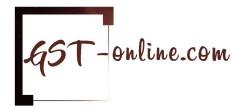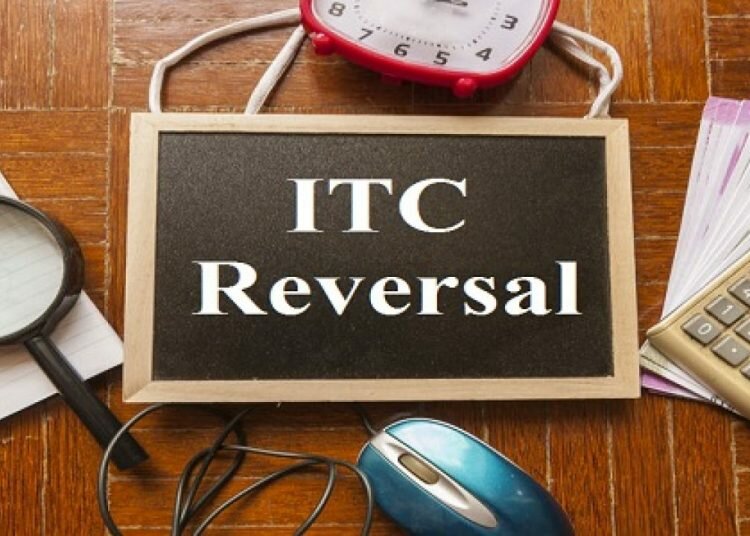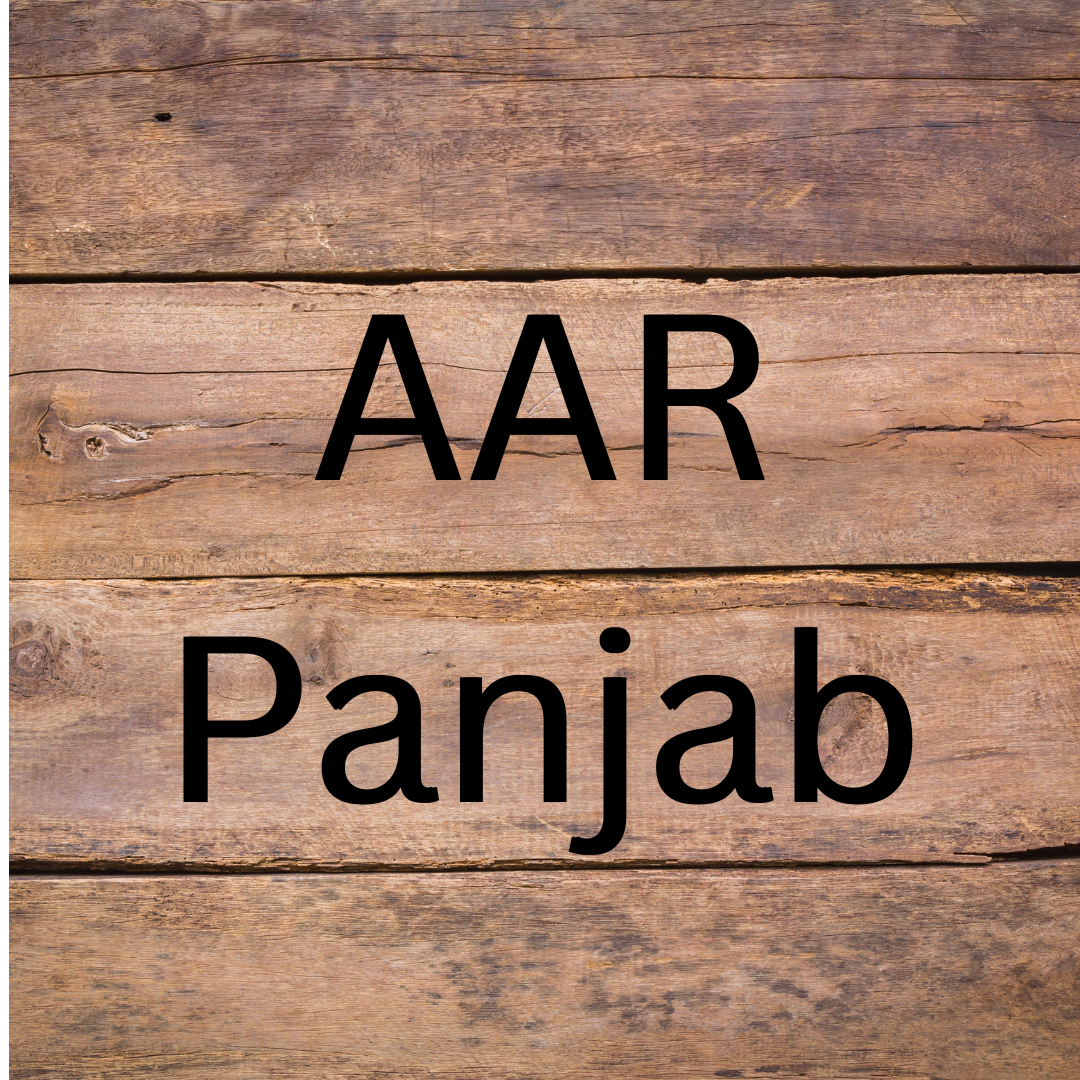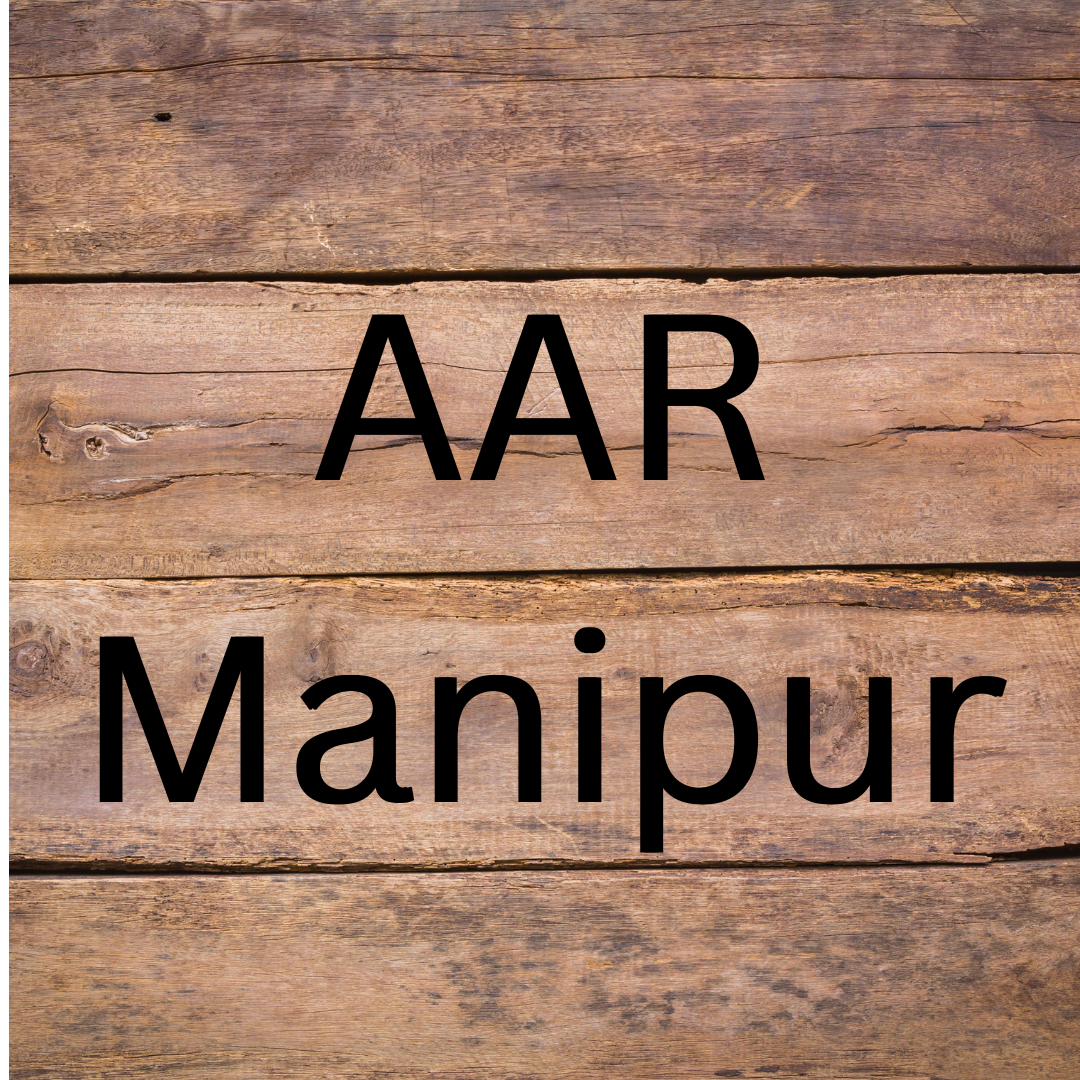Below is the compilation of Rulings by AAR Kerala. The Compilation provides the subject of the Ruling along with the Date of Ruling. Link to Download has also been given alongwith the Ruling.
Case: M/s R S Development & Constructions India Pvt. Ltd. dated: 12.10.2019
Query: Advance Ruling regarding rate of tax applicable for works awarded by KSEB Ltd.
Please click “HERE” to download the order
Case: M/s Vista Marine & Hydraulics dated: 16.09.2019
Query: Advance Ruling regarding supply of spare parts / accessories and repair service
Please click “HERE” to download the order
Case: M/s CGR Gold Trading dated:16.09.2019
Query: Advance Ruling of rate of tax on services related to gold ornaments
Please click “HERE” to download the order
Case: M/s Baby Memorial Hospital Ltd dated:05.09.2019
Query: Advance Ruling regarding hospital supplies
Please click “HERE” to download the order
Case: M/s Industrial Engineering Corporation dated: 16.09.2019
Query: Advance Ruling regarding supply related to packing containers
Please click “HERE” to download the order
Case: M/s Santhosh Distributors dated:16.09.2019
Query: Advance Ruling related to supplies.
Please click “HERE” to download the order
Case: M/s Dobersun Products Pvt. Ltd dated: –21.06.2019
Query: Disposalble underpad is taxable @12% GST
Please click “HERE” to download the order
Case: M/s Dynamic Techno Medicals Pvt. Ltd. dated: –21.06.2019
Query: Cervical Pillows is taxable @18% GST
Please click “HERE” to download the order
Case: Mr. P.M.Sankaran dated: 21.06.2019
Query: Peanut candy and Gingelly candy, uniappam, neyyappam, kinnathappam, kalathappam, rice ball (ariyunda) and avil vilayichathu are taxable @5% GST and achappam, kuzhalappam, madakku, pottiappam, thatta / thattavada and murukku are taxable @12% GST if sold under a brand / trade name and @5% otherwise. Baked chips are taxable @12% GST.
Please click “HERE” to download the order
Case: M/s Geo Thomas and Company dated: 21.06.2019
Query: Agricultural implements used for rubber tapping such as Spouts, Cup holders and Collection Cups are exempted from GST
Please click “HERE” to download the order
Case: M/s Tata Projects Limited dated: 15.10.2019
Query: Advance Ruling regarding Design, realisation, integration and commissioning of 1.2m trisonic wind tunnel at VSSC, ISRO, Thiruvananthapuram.
Please click “HERE” to download the order
Case: M/s Excel Earthings dated: 12.10.2019
Query: Bentonite powder used for earthing purpose is taxable @18% GST
Please click “HERE” to download the order
Case: M/s Natural Fibre Tuft dated: 12.10.2019
Query: PVC Tufted Coir Mats and Mattings is taxable @12% GST
Please click “HERE” to download the order
Case: M/s Travancore Cocotuft Pvt. Ltd dated: 12.10.2019
Query: PVC Tufted Coir Mats and Mattings is taxable @12% GST
Please click “HERE” to download the order
Case: M/s Square One Homemade Treats dated: 30.09.2019
Query: Advance Ruling regarding Restaurant Services and tax rate of food and bakery products.
Please click “HERE” to download the order
Case: M/s Gurudev Metal Industries dated:15.07.2019
Query: Part of fishing vessels are taxable @ 5% GST.
Please click “HERE” to download the order
Case: M/s Spacelance Office Solutions Pvt. Ltd dated: 15.07.2019
Query: Allowing of separate GST registrations to multiple companies functioning in a co-working space providing services alone.
Please click “HERE” to download the order
Case: M/s Medivision Scan and Diagnostic Research Center (P) Ltd dated:12.04.2019
Query: Services by way of diagnosis come under the category of health care services provided by clinical establishment and is exempted from GST.
Please click “HERE” to download the order
Case: M/s Starcare Hospitals Kozhikode Pvt. Ltd dated: 12.04.2019
Query: The supply of medicines, consumables, surgical items, items such as needles, reagents etc used in laboratory, room rent used in the course of providing health care services to inpatients for diagnosis or treatment is eligible for GST exemption under health care services.
Please click “HERE” to download the order
Case: Vikram Sarabhai Space Center dated: 12.04.2019
Query: The work of design, realisation, integration and commissioning of Trisonic Wind Tunnel as a turnkey project falls under the category of Works Contract and is taxable @ 12% GST.
Please click “HERE” to download the order
Case: M/s Colortone process Pvt Ltd. dated:12.04.2019
Query: The color printing of images from digital is taxable @ 18% GST.
Please click “HERE” to download the order
Case: M/s Irene Rubbers dated: 12.04.2019
Query: Manufacturing Services on physical inputs owned by principal is treated as service by way of job work taxable @ 5% GST.
Please click “HERE” to download the order
Case: M/s Kinder Womens Hospital and Fertility Center Pvt. Ltd. dated: 12.04.2019
Query: The supply of medicines, consumables, surgical items, items such as needles, reagents etc used in laboratory, room rent used in the course of providing health care services to inpatients for diagnosis or treatment is eligible for GST exemption under health care services.
Please click “HERE” to download the order
Case: M/s Kindorama Healthcare Pvt. Ltd. dated: 12.04.2019
Query: The supply of medicines, consumables, surgical items, items such as needles, reagents etc used in laboratory, room rent used in the course of providing health care services to inpatients for diagnosis or treatment is eligible for GST exemption under health care services.
Please click “HERE” to download the order
Case: M/s Kerala State Construction Corporation Ltd. dated: 12.04.2019
Query: GST rate applicable on Centage Charges / Consultancy Charges.
Please click “HERE” to download the order
Case: M/s Cocofiber Industries Pvt. Ltd dated: 01.03.2019
Query: Advance Ruling regarding PVC Tufted Coir Mats and Matting.
Please click “HERE” to download the order
Case: M/s Estera Polymers dated: 01.03.2019
Query: Mixing of rubber compound on the materials supplied by the principal and returning the finished products such as Rubber backed mats and mattings constitute of supply of job work services coming under sl.no.26(i)(b) of Notification 11/2017 – Central Tax (Rate) and SRO No.370/2017.
Please click “HERE” to download the order
Case: M/s Govind Traders dated: 01.03.2019
Query: Sun-cured tobacco leaves (Kannipukayila) comes under HSN code 2401 and taxable @ 5% under GST.
Please click “HERE” to download the order
Case: M/s Herbal Isolates Pvt. Ltd. dated: 02.03.2019
Query: Green pepper picked from the vine is exempted under GST.
Please click “HERE” to download the order
Case: M/s Kerala Forest Development Corporation Ltd. dated: 01.03.2019
Query: If supply involves both goods and services and the value of such goods and services are shown separately, GST is attracted at applicable rates for such goods and services separately.
Please click “HERE” to download the order
Case: M/s Kondody Autocraft (India) Pvt. Ltd dated: 02.03.2019
Query: Bus body building activity on job work basis, on the chassis supplied by the customer is supply of service taxable @ 18% GST
Please click “HERE” to download the order
Case: M/s Orix Infrastructure Services Ltd. dated: 02.03.2019
Query: Advance Ruling on eligibility of availing ITC of the cess paid on purchase of motor vehicles used in providing service of transportation of passengers or renting of motor vehicles.
Please click “HERE” to download the order
Case: M/s Polycab Wires Pvt. Ltd. dated: 02.03.2019
Query: Applicability of GST and eligibility of ITC with respect to goods provided free of cost for flood affected people and KSEB
Please click “HERE” to download the order
Case: M/s Ridha Chemicals dated: 01.03.2019
Query: Rejection of application filed for Advance Ruling
Please click “HERE” to download the order
Case: M/s Sameer Mat Industries dated: 01.03.2019
Query: Polypropylene mats are taxable @ 12% GST till 25-01-2018 and @ 5% GST thereafter.
Please click “HERE” to download the order
Case: M/s Techno Tradings & Services Pvt. Ltd. dated: 1.03.2019
Query: Rate of tax on Diesel engines, marine diesel engines, gear boxes.
Please click “HERE” to download the order
Case: Sri. Thomas Joseph Nellissery dated: 02.03.2019
Query: Advance ruling regarding management consultancy services.
Please click “HERE” to download the order
Case: The Uralungal Labour Contract Co-op Society Ltd. dated: 02.03.2019
Query: Execution of Livelyhood for artists and local art hubs as an administrative agency is exempted from GST.
Please click “HERE” to download the order
Case: M/s Sutherland Mortgage Services Inc. dated: 24.05.2019
Query: Advance Ruling regarding GST liability on supply of services by India branch of M/s Sutherland Mortgage Services Inc. USA to customers located outside India.
Please click “HERE” to download the order
Case: Shri. Puthoor Unnikrishnan dated: 24.05.2019
Query: Supply of providing labour services for setting up fire lines in forests, Labour services for plantation of trees in forests, labour services for RIL / river maintenance, labour services of clearing truck paths in forests are exempted from GST
Please click “HERE” to download the order
Case: M/s Geojit Financial Services Ltd. dated: 19.09.2018
Query: The Computers, Laptops etc. used for providing output service would not qualify as inputs, though they are physically available as on 30th June, 2017, for the purpose of availing transactional input tax credit of the VAT paid during the pre-GST period, under Section 140 of the KSGST Act, 2017
Please click “HERE” to download the order
Case: M/s Ernakulam Medical Centre Pvt. Ltd dated:19.09.2018
Query: The supply of medicines and allied items to the out patients through pharmacy attached to the hospital is taxable under GST
Please click “HERE” to download the order
Case: M/s Abbott Health Care Private Ltd. Dated: 26.09.2018
Query: Placement of specified medical instruments to unrelated customers like hospitals, labs etc. for their use without any consideration, against an agreement containing minimum purchase obligation of products like reagents, calibrators, disposals etc. for a specific period constitute a composite supply, the principal supply being the transfer of right to use any goods for any purpose is liable to GST.
Please click “HERE” to download the order
Case: M/s Bharat Petroleum Corporation dated: 20.10.2018
Query: Applicability of job work provision of section 143 of the GST Act
Please click “HERE” to download the order
Case:M/s The Cochin Plantation Ltd. dated: 20.10.2018
Query: Quit rent / lease rent paid to Kerala Government on the land used for agricultural purpose is exempted from GST.
Please click “HERE” to download the order
Case:M/s KIMS Health Care Management Ltd. dated: 20.10.2018
Query: The supply of medicines, consumables and implants used in the course of providing health care services for diagnosis or treatment is exempted under the category “Health Care Services”.
Please click “HERE” to download the order
Case: M/s Modern Food Enterprises Pvt. Ltd. dated: 12.10.2018
Query: “Classic Malabar Parota” and “Whole Wheat Malabar Parota” are taxable @18% GST.
Please click “HERE” to download the order
Case: M/s Prodair Products India (P) Ltd dated: 20.10.2018
Query: Applicability of job work.
Please click “HERE” to download the order
Case: M/s Rajagiri Health Care & Education Trust dated: 06.10.2018
Query: The supply of medicines, consumables and implants used in the course of providing health care services for diagnosis or treatment is exempted under the category “Health Care Services”.
Please click “HERE” to download the order
Case: M/s Saraswathi Metal Works dated: 20.10.2018
Query: i) Marine propellers, Rudder set, Stern tube set, Propellers shaft, MS shaft for couplings are taxable @5% GST.
ii) All parts of fishing or floating vessels are taxable @5% GST.
iii) no reverse input tax credit is applicable on parts / components replaced under warranty.
iv) Credit of higher input tax paid on purchase of raw materials can be availed, even though the manufactured product is taxable at lesser tax rate.
Please click “HERE” to download the order
Case:Mr. Sutapa Sutradhar dated: 26.09.2018
Query: Issues relating to refund of tax paid and failure to complete registration due to GSTN portal problems is not a matter coming under the purview of Advance Ruling.
Please click “HERE” to download the order
Case: M/s Ramachandran Bror dated: 25.09.2018
Query: Ada is taxable @5% under GST.
Please click “HERE” to download the order
Case: M/s Caltech Polymers Pvt. ltd. dated: 25.09.2018
Query: Supply of food items to the employees for consideration in the Canteen would come under the definition of supply and would be taxable under GST
Please click “HERE” to download the order
Case: M/s PPD Living Spaces Pvt. Ltd. Dated: 26.09.2018
Query: Advance ruling on issue related to absorbing developmental charges in fixing land cost.
Please click “HERE” to download the order
Case: M/s New RV Enterprises dated: 19.09.2018
Query: Tile adhesive and joint filler are taxable @ 18% GST.
Please click “HERE” to download the order
Case: M/s Mary Matha Construction Company dated: 26.09.2018
Query: i) Supply of works contract awarded by Government and Central University of Kerala attracts 12% GST. ii) Supply of works awarded by M/s HLL Infra Tech Services Ltd. for construction at Life Science Park, Thiruvananthapuram attracts 18% GST.
Please click “HERE” to download the order
Case: Geojith Financial Services dated: 19.09.2018
Query: Computers, laptops etc. used for providing output service would not qualify as inputs for the purpose of availing transactional ITC u/s 140(2) / 140(3) of KSGST Act. These goods are not eligible for ITC for the VAT period.
Please click “HERE” to download the order
Case: M/s Ernakulam Medical Centre Pvt. Ltd. Dated: 19.09.2018
Query: i) Supply of medicines and allied items provided by a hospital through pharmacy to in-patients is part of composite supply of health care treatment and hence not separately taxable. ii) Supply of medicines and allied items provided by hospital through pharmacy to out-patients is taxable.
Please click “HERE” to download the order
Case: Elambrancheri Khaldoon dated: 19.09.2018
Query: i) Small business exemption provided u/s 22 of GST Act is eligible to co-owners separately in the case of jointly owned property, where the rent is collected together but divided equally and transferred to the respective co-owners. ii) Engaging a co-owner to collect and distributing rent among all the owners for administrative convenience has no implication on the business exemption u/s 22 of the GST Act for individual co-owners.
Please click “HERE” to download the order
Case: M/s. Abbott Healthcare Pvt. ltd. dated: 26.09.2018
Query: The transfer of right to use of any goods for any purpose is liable to GST.
Please click “HERE” to download the order
Case: M/s A.M. Motors dated: 26.09.2018
Query: Input tax paid on purchase of goods used for demonstration purpose to customer can be availed as input tax credit on capital goods and set off against output tax payable under GST
Please click “HERE” to download the order
Case: Gopal Gireesh,Veena Chemicals dated: 29.05.2018
Query: The implants for joint replacements falling under HSN Code 90213100 is taxable @ 5%”
Please click “HERE” to download the order
Case: Saraswathi Metal Industries dated: 29.05.2018
Query: Commodities such as marine propellers, rudder set, stern tube set, propeller shaft and M.S. Shaft for couplings used as a part of fishing / floating vessels are taxable @ 5%”
Please click “HERE” to download the order
Case: J j Fabrics dated: 29.05.2018
Query: Carry bags made of polypropylene non-woven fabrics is taxable @ 5%”
Please click “HERE” to download the order
Case: Sri. N.C. Varghese, S/o. N.K.Chacko dated: 26.03.2018
Query: Rubber Wood is taxable @ 18%
Please click “HERE” to download the order
Case: Synthite Industries Ltd dated: 26.03.2018
Query: Applicability of GST in import / High Sea Sales
Please click “HERE” to download the order
Case: Caltech Polymers Pvt. Ltd. dated: 26.03.2018
Query: Recovery of food expenses from employees for canteen services is taxable as a supply of services under GST









